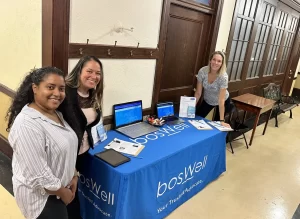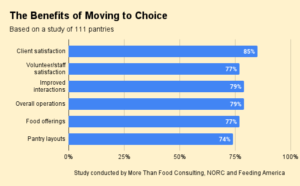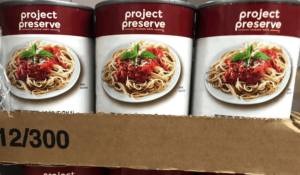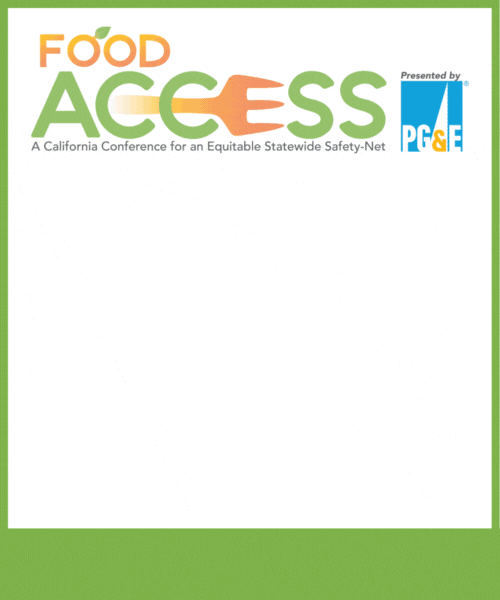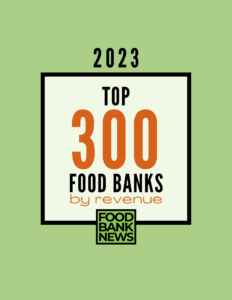Blue Ridge Area Food Bank has joined a host of food banks that have dropped fees typically imposed upon pantries.
Billed as shipping and handling fees or (more confusingly) as shared maintenance fees, the modest charges help to defray the costs of storing and transporting donated food. Many food banks dropped the fees during Covid as a way to facilitate easier access to food, and several decided to eliminate the fees permanently as Covid waned.
So far, 23 of the 200 food banks in the Feeding America network have dropped shipping, handling and delivery fees for pantries, according to Blue Ridge Area Food Bank. (Feeding America did not respond to a request to confirm that number.) Feeding America caps the fees at 19 cents per pound, though many food banks have long charged less than that amount. In dropping the fees altogether earlier this summer, Blue Ridge Area Food Bank has joined most independent food banks (those outside of the Feeding America network), which have long abstained from charging fees to pantries.

At Blue Ridge Area Food Bank, dropping the fees is a way to ensure the sustainability of the many small, minimally resourced food pantries that enabled it to continue to distribute food throughout the pandemic. At the height of the pandemic, only 8% of the food bank’s agency network closed, and by mid-summer 2020, the network was 96% operational.
The resiliency of the network was crucial, given the vast rural area in which Blue Ridge Area Food Bank operates. With no major metropolitan center within its operating area, the Verona, Va.-based food bank could not easily step in with a drive-through distribution option, spotlighting the importance of its agency network.
“We have to be able to stand up our network,” said Michael McKee, CEO. “So we’re continuing our investment in our smaller agencies.”
That investment includes indefinitely eliminating the five-cents per pound shipping and handling fee the food bank had imposed on pantries (pre-pandemic) for donated food. In addition, the food bank will continue to offer a 25% discount on purchased food. (Purchased food was free during the pandemic; recently the food bank phased the discounted rate back in.)
All in all, the fee cutbacks will cost the food bank about $350,000 to $375,000 annually, a fairly modest sum given the food bank’s operating budget of more than $15 million. Pantries with tight operating budgets, however, are feeling a positive difference.
“It’s been incredibly positive in terms of reaction, especially among the smaller pantries,” McKee said.
McKee expects that dropping the fees will also help the food bank achieve its goal of attracting more agency partners in marginalized communities. Fewer fees will make it easier for community groups that have served underserved groups but have not typically distributed food to begin offering food along with their other services.
At Blue Ridge Area Food Bank, the dropped fees go hand in hand with a $3.6 million allocation that the food bank has put toward building up capacity in its pantry network. Taken together, the moves amount to a redefinition of what has historically been a more transactional relationship between food banks and their partner agencies.
“They’re moving out of thinking of us as a warehouse with cheap or free food,” McKee said. “They’re understanding us as mission partners.” – Chris Costanzo
Like what you’re reading?
Support Food Bank News
This article was made possible by the readers who support Food Bank News, a national, editorially independent, nonprofit media organization. Food Bank News is not funded by any government agencies, nor is it part of a larger association or corporation. Your support helps ensure our continued solutions-oriented coverage of best practices in hunger relief. Thank you!
Connect with Us:




